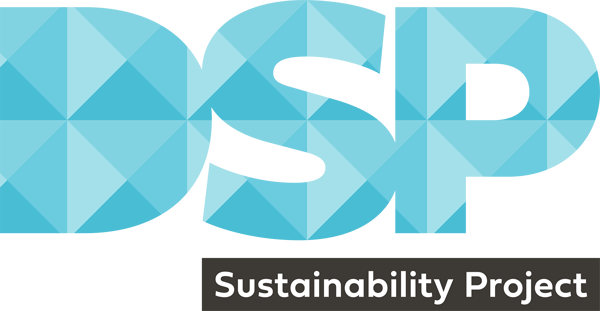About
The DSP Sustainability Project
This Project is an IAC-initiated collaborative effort to enhance the sustainability of DSPs and their households, the agencies that employ them, and the support delivery system through workplace transformation.
The website will provide resources for executives, managers, frontline supervisors, and DSPs, including information about opportunities for shared problem-solving, professional development, and certification programs.
If you have additional resources to share, please use the contact form to get in touch.
